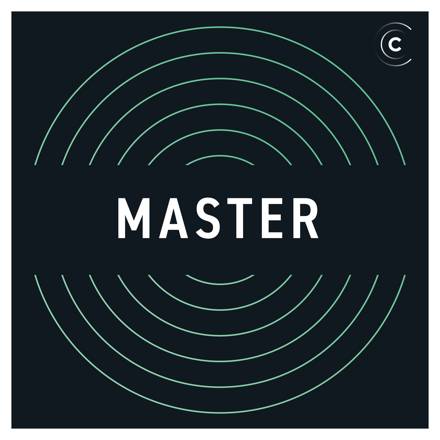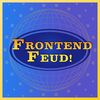Fine-tuning vs RAG
In this episode we welcome back our good friend Demetrios from the MLOps Community to discuss fine-tuning vs. retrieval augmented generation. Along the way, we also chat about OpenAI Enterprise, results from the MLOps Community LLM survey, and the orchestration and evaluation of generative AI workloads.







